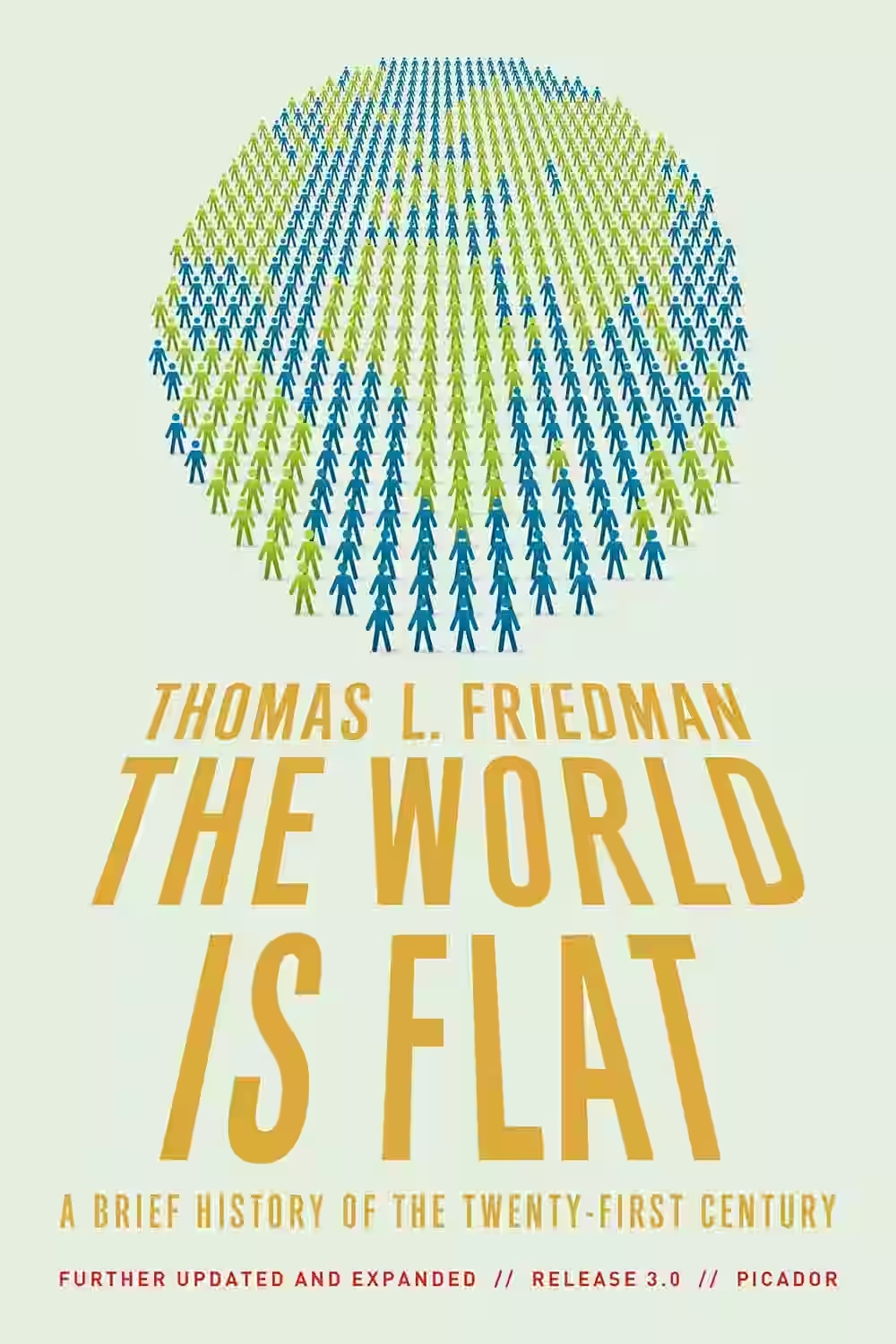
In 'The World Is Flat,' Thomas L. Friedman explores the concept of globalization and its impact on our interconnected world. He delves into how technological advancements, particularly the rise of the internet, have leveled the playing field for individuals and businesses worldwide, creating both opportunities and challenges. Friedman argues that in this 'flat' world, countries and individuals must adapt to stay competitive. Through engaging anecdotes and analysis, the author paints a vivid picture of a world where traditional boundaries are becoming increasingly blurred. This thought-provoking book challenges readers to rethink their place in a globalized society.
About Thomas L. Friedman
Thomas L. Friedman is a renowned American author and journalist known for his insightful commentary on globalization, technology, and international affairs. Born in Minnesota in 1953, Friedman studied at Brandeis University and the University of Oxford. He has won three Pulitzer Prizes for his work as a foreign affairs columnist for The New York Times. Friedman's bestselling books, including 'The World is Flat' and 'Hot, Flat, and Crowded,' have had a significant impact on shaping public discourse around globalization and sustainability. His engaging writing style and ability to simplify complex issues make his work both accessible and thought-provoking.
Similar Books
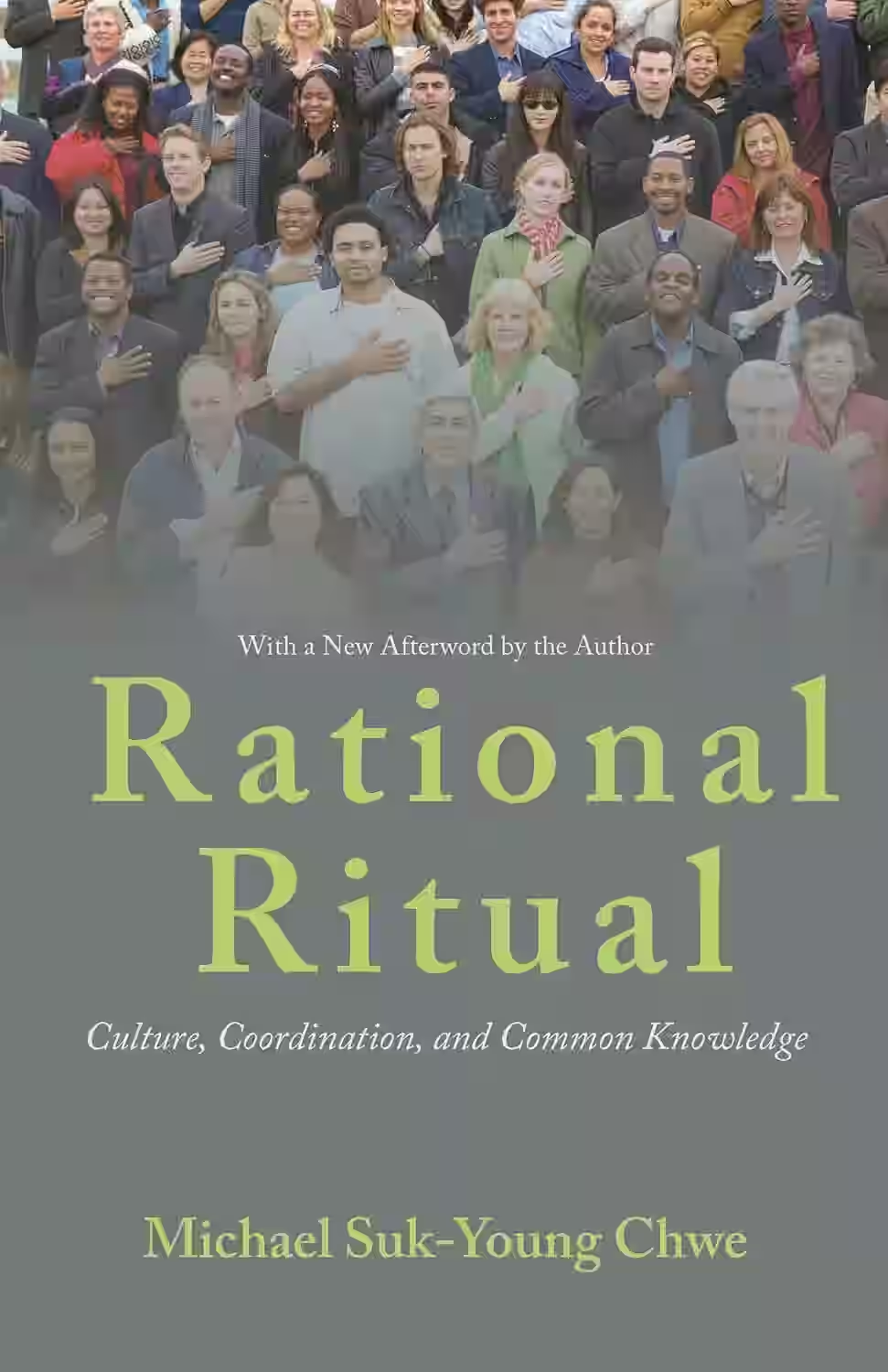
Rational Ritual
Rational Ritual explores how rituals—from presidential inaugurations to sports events—create common knowledge, a shared awareness that everyone knows everyone knows. Chwe, a game theorist, argues that these shared experiences are vital for coordination in society. By applying game theory to cultural rituals, he sheds light on why such practices persist and how they help societies function. The book offers unique insights into advertising, politics, and social networks. Zuckerberg recommended Rational Ritual for its relevance to online platforms, where creating and managing shared experiences is key. It’s an intellectually stimulating read for anyone interested in the intersection of culture and logic.
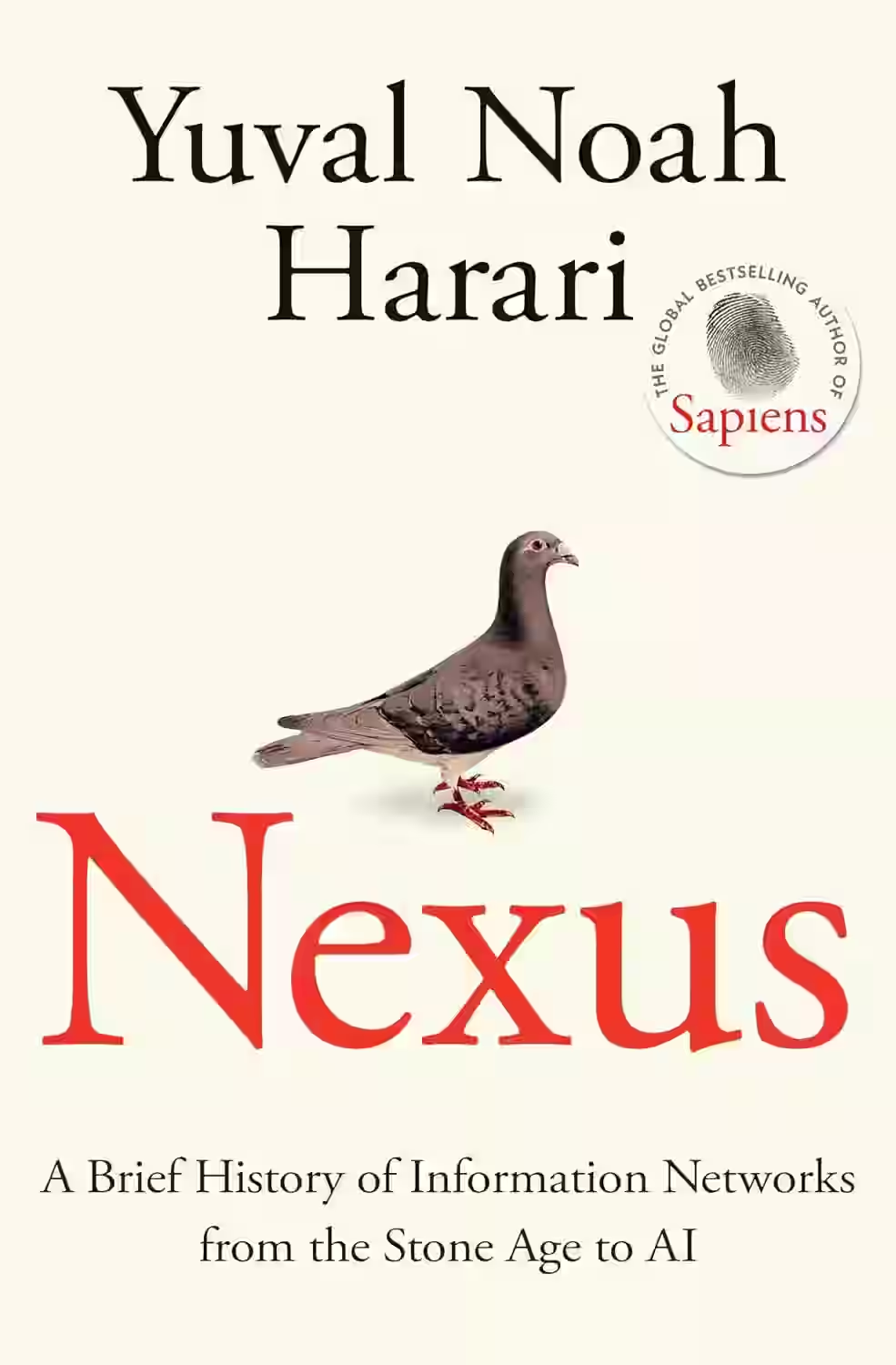
Nexus
In a future where mind-enhancing nanotechnology connects brains like apps, a young scientist develops Nexus 5, a powerful upgrade that could revolutionize human evolution—or destroy it. Caught between shadowy government forces and post-human extremists, he must navigate a dangerous world of espionage, ethics, and power struggles. Fast-paced and thought-provoking, Nexus explores the limits of human potential and the morality of scientific progress in a near-future thriller that blends cyberpunk and biotech with philosophical depth.
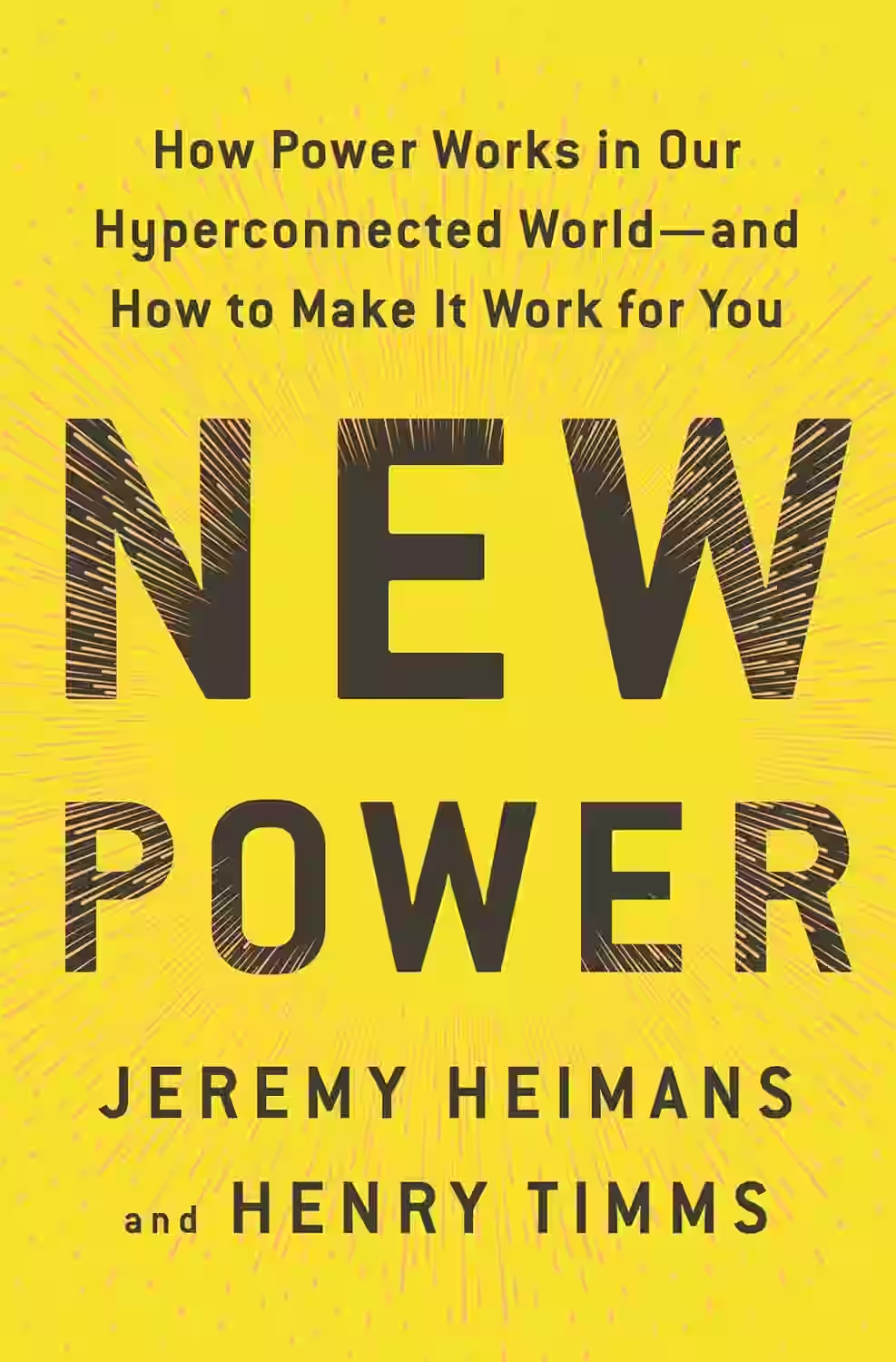
New Power: How Power Works in Our Hyperconnected World
by Jeremy Heimans, Henry Timms
New Power explores how influence, leadership, and engagement have evolved in the digital age. The authors contrast "old power"—top-down, closed, and leader-driven—with "new power"—open, participatory, and crowd-sourced. Through case studies like #MeToo, Airbnb, and TED, they show how modern movements and brands leverage community and transparency. The book offers tools for leaders, activists, and entrepreneurs to harness this shift effectively. Branson and other innovators have praised New Power for its relevance in today’s hyperconnected world, where collaboration and authenticity often matter more than hierarchy or control.
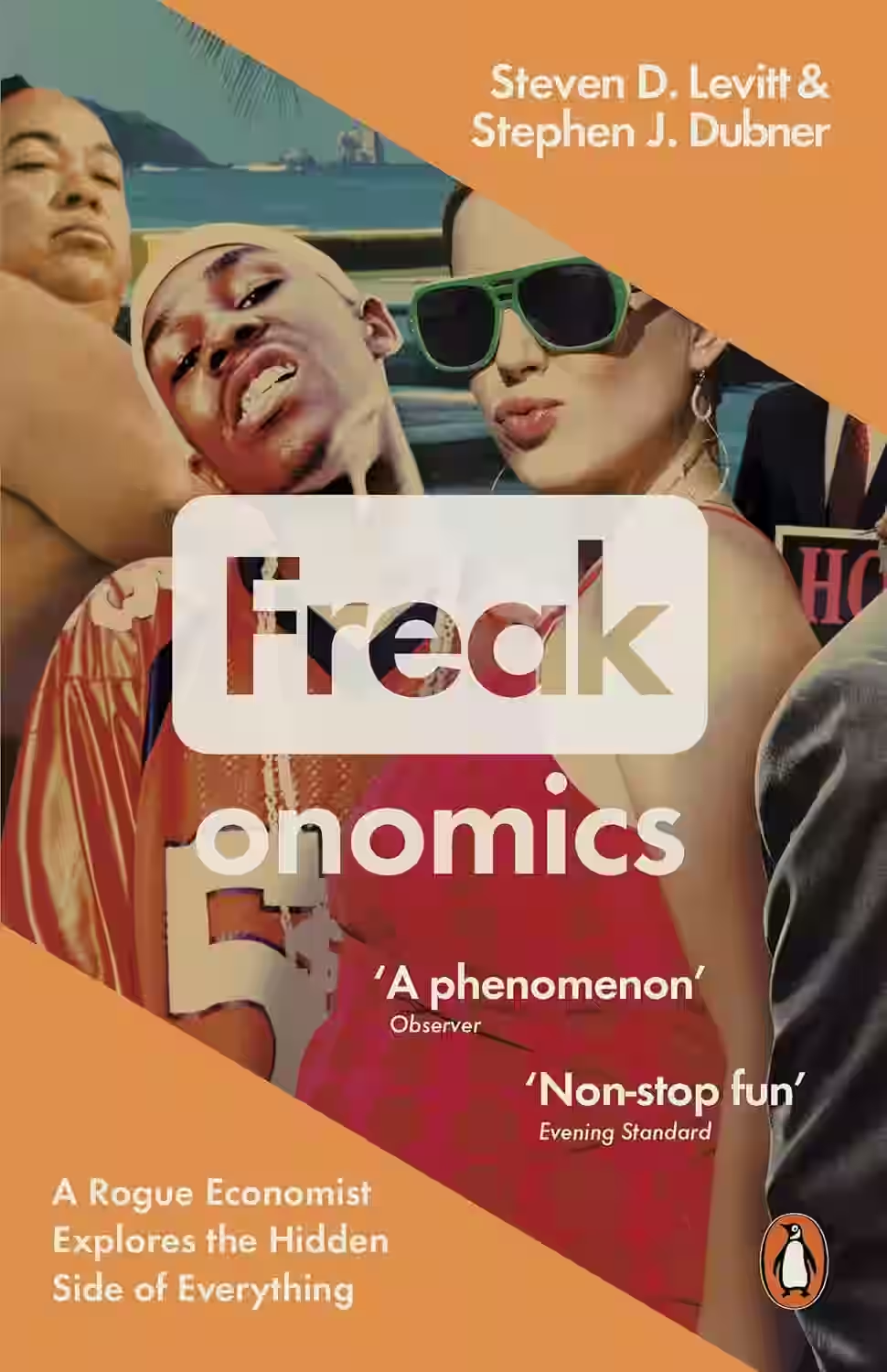
Freakonomics: A Rogue Economist Explores the Hidden Side of Everything
by Steven D. Levitt, Stephen J. Dubner
In 'Freakonomics,' Steven D. Levitt, along with journalist Stephen J. Dubner, delves into the intriguing world of economics to uncover unconventional truths behind everyday phenomena. This book challenges traditional thinking by examining how incentives drive human behavior, exploring correlations between seemingly unrelated factors, and revealing the unexpected consequences of various decisions. Levitt's unconventional approach to data analysis and his ability to ask the right questions make 'Freakonomics' a compelling and thought-provoking read that sheds light on the hidden dynamics shaping our world. From exploring cheating in sumo wrestling to the impact of parenting on children, this book offers a fresh perspective on the complexities of life's mysteries.